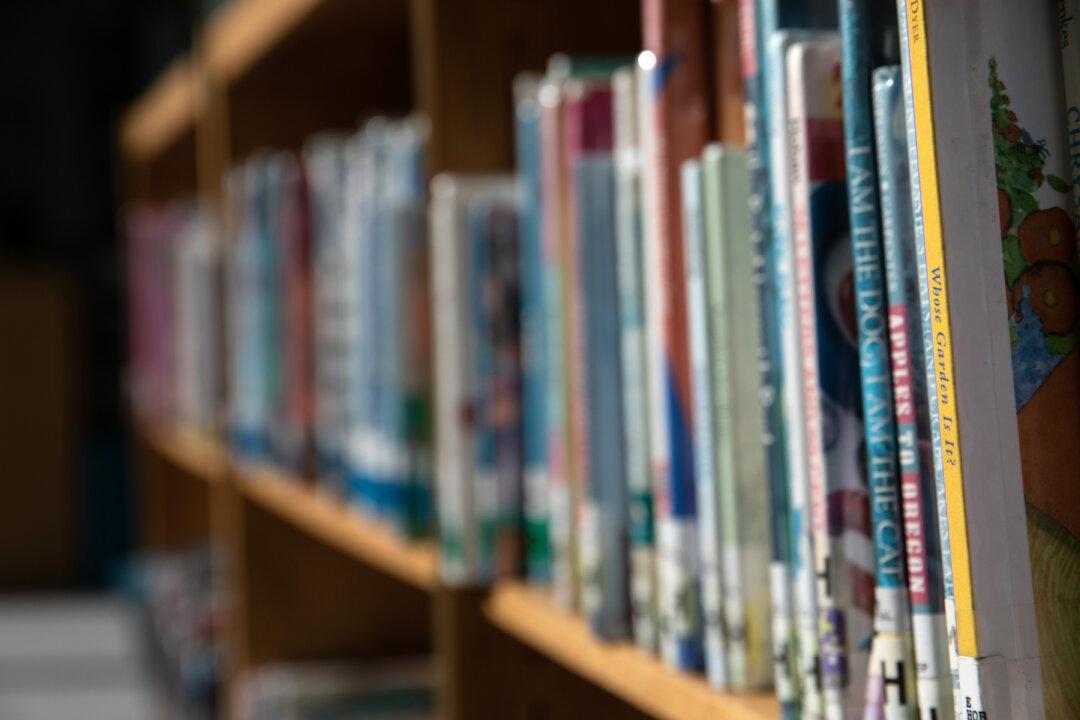Commentary
While reading the California Education Code the other day, I made a stunning discovery. School districts are allowed to burn books. Is California that far ahead on the road to totalitarianism? Not so fast.

While reading the California Education Code the other day, I made a stunning discovery. School districts are allowed to burn books. Is California that far ahead on the road to totalitarianism? Not so fast.